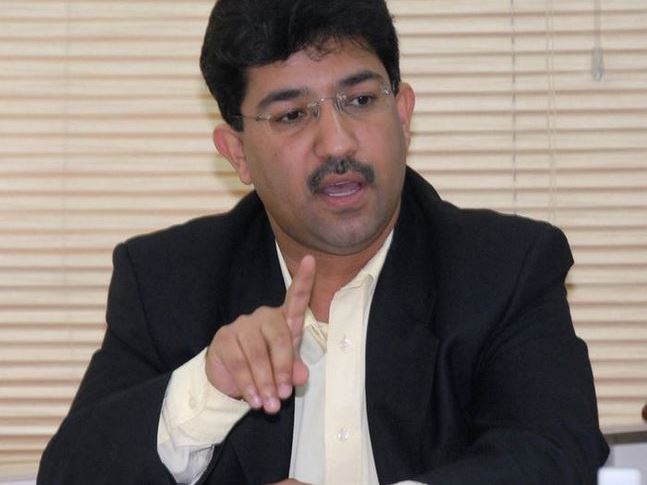In March 2015, Saudi Arabia led a coalition of 32 states as part of its campaign against Houthi rebels in Yemen. Members of the Gulf Cooperation Council (GCC) united under this campaign, including the island kingdom of Bahrain. On 26 March 2015, the same day Bahraini officials announced they would be taking part in the Saudi-led coalition in Yemen, the Ministry of Interior (MOI) warned that it would take steps against anyone expressing opinions “against the approach that Bahrain has taken.”
In response to the Bahrain governments announcement that it would take part in the campaign in Yemen, political activist Fadhel Abbas tweeted a criticism of Bahrain’s involvement in the Saudi-led coalition. The Secretary-General of the al-Wahdawi opposition party stated that the Saudi-led airstrikes in Yemen violated international law. On 26 March 2015, security forces from the MOI arrested Fadhel for his tweet. On 28 June 2015, Bahrain’s criminal court sentenced Fadhel to five years in prison for “spreading false information that could harm the military operations of Bahrain and its allies” in Yemen.
Fadhel’s appeal process was postponed a total of three times until 22 April 2016 when a Bahraini judge issued a five year sentence on charges relating to his right to freedom of expression. Fadhel is currently serving his sentence in Jau Prison.
Fadhel Abbas is not the only individual to have been targeted by Bahrain’s repressive laws. Bahraini authorities imprisoned human rights defender Nabeel Rajab last year and released him due to intense international pressure. However, he remains under a travel ban. Bahraini authorities have also targeted numerous other political leaders including Sheikh Ali Salman, head of Al-Wefaq opposition bloc, and Ebrahim Sharif, head of the Wa’ad opposition bloc. These cases are just a few out of the widespread criminalization of freedom speech in Bahrain.
The Bahraini authorities’ ongoing suppression of freedom of expression and association has led to the Kingdom having the highest prison populations per capita in the Middle East. Not only are political opposition leaders targeted, but human rights activists, journalists, and even minors are arrested and imprisoned simply for voicing dissent. Fadhel Abbas is one of thousands of prisoners of conscience who remain behind bars for exercising their internationally sanctioned right to free expression.
Mobashra Tazamal is an Advocacy Fellow at ADHRB





